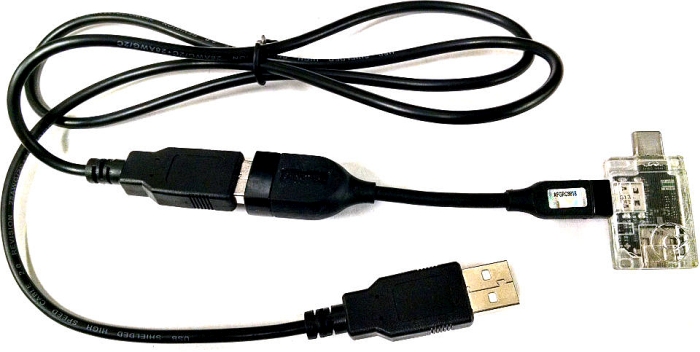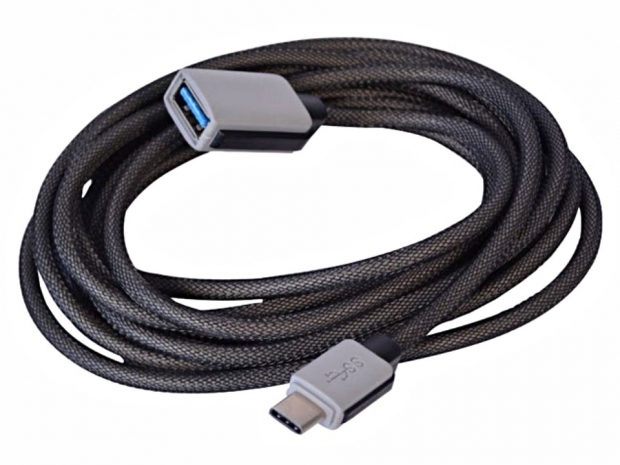Since November 2015, Leung has been buying cables based on the USB 3.1 Type-C spec and testing them for non-compliance with a variety of devices to find out if any manufacturers had cut corners in the production process to deliver cheap products to consumers. Unfortunately for the Google reviewer, his latest cable review resulted in a fried USB power delivery (USB-PD) twinkie analyzer and a fried Embedded Controller on his Google Chromebook Pixel 2 laptop, turning the device into a non-fuctioning brick.
“On my Pixel, both USB Type-C ports stopped responding immediately. Neither would charge or act as a host when I plugged in a USB device such as an Ethernet adapter. Upon rebooting my Pixel, the system came up in recovery mode because it could not verify the Embedded Controller on the system. No amount of software recovery could revive the EC. Upon closer analysis, serious damage has been done to components related to charging and managing the USB Type-C port's capabilities.”
The review in question was of a Surjtech 3M USB A-to-C cable, pictured above. He first plugged the cable into a Chromium USB-PD twinkie analyzer (pictured below), which promptly caused the device to stop functioning. The second time, he plugged it into the Chromebook Pixel 2, resulting in permanent damage.

USB 3.1 Type-C adapter connected to a Chromium Twinkie dongle (USB Power Delivery Analyzer)
Despite the appealing use of braided cabling and a thick wire gauge, Leung concluded that Surjtech had switched the "Vbus" and "Gnd" wires inside the cable:
"Red wire goes to G on the Type-C's PCB, Black wire goes to V. To add insult to injury, a number of other issues were found including the use of a 10 khm resistor instead of 56 khm resistor, a complete lack of SuperSpeed wires (which means that it is not even USB 3.1 compliant) and a resistor that was “hooked up as a pull-down instead of a pull-up.”
![]()
Google Chromebook Pixel 2 (2015) with two USB 3.1 Type-C ports
Google’s Chromebook Pixel 2 first became available in March 2015 and is powered by a 5th generation Broadwell-based Core i5 or Core i7 processor, 8GB or 16GB of memory, a 32GB SSD and sports up to 12 hours of battery life. The device features a 12.85-inch capacitive multitouch display with a 2560x1700p 3:2 resolution at 239ppi, a fully clickable, etched-glass trackpad, a backlit Chrome keyboard, an SD card reader, a headphone and microphone combo port, two 5Gbps USB 3.0 Type-A ports and two 10Gbps USB 3.1 Type-C ports.
As of now, Amazon has removed Surjtech cables from its product listings and has not posted any notice regarding whether or not they will become available again once the company sorts out the mechanical wiring issues.




